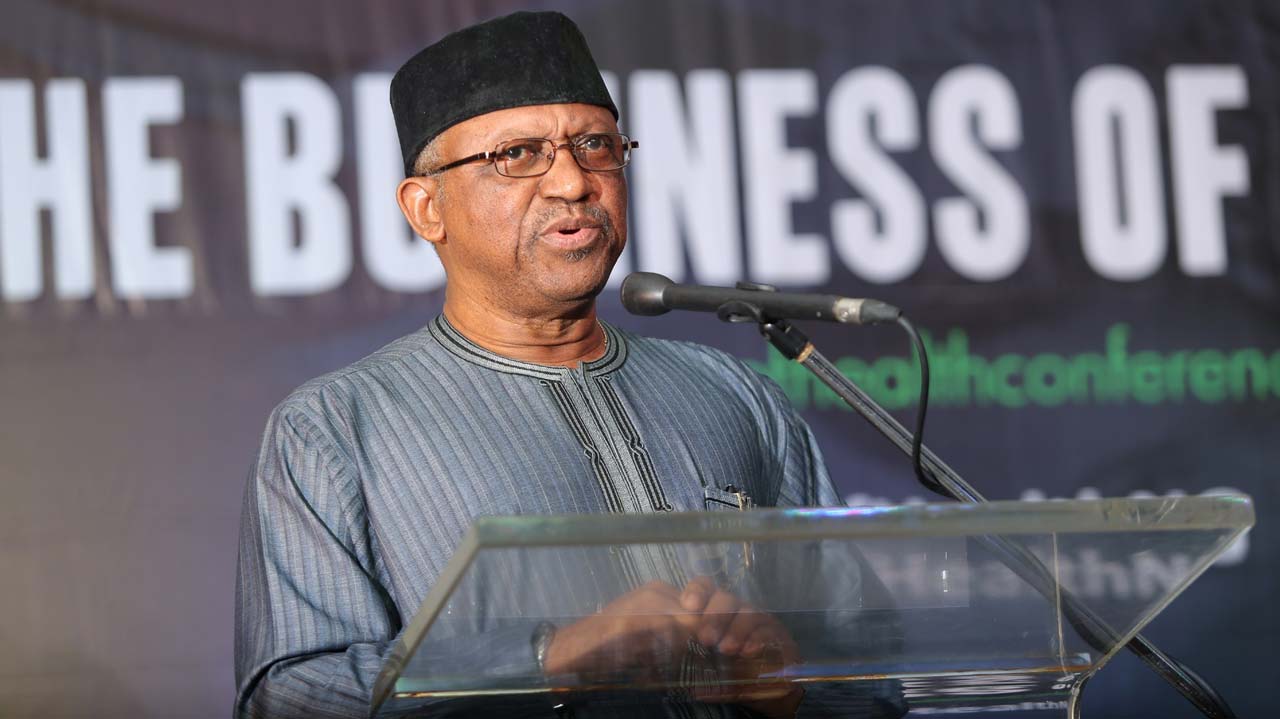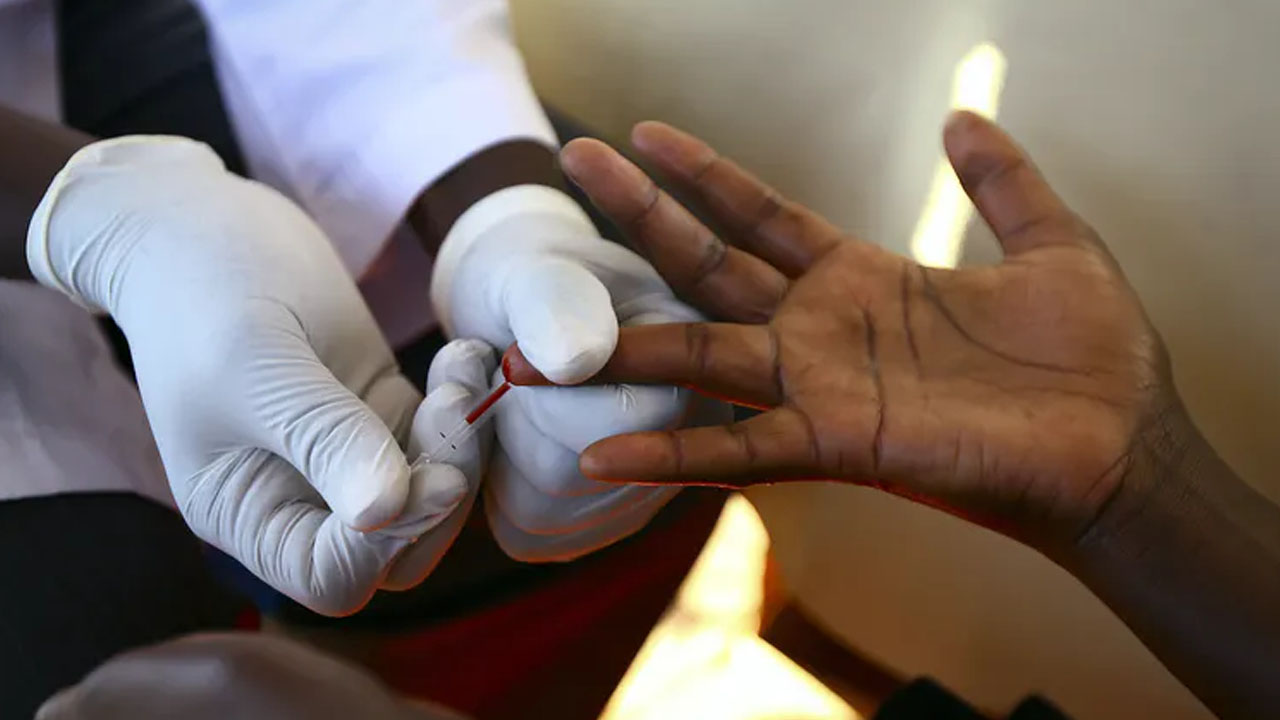
The Managing Director/ Chief Operating Officer, Institute of Human Virology Nigeria (IHVN), Charles Olalekan Mensah, has said that lack of healthcare funding and research would continue to make the country vulnerable to any form of a disease outbreak.
Mensah, however, said the country has improved its ability to manage the outbreak of a major epidemic since the Ebola scare in West Africa in 2014. He said the Nigeria Centre for Disease Control (NCDC) provides information about the symptoms, screening measures and advice on how people can protect themselves and also set up a multi-sectoral technical group to assess and manage the risk for the nation.
He disclosed that they face a lot of challenges in terms of sourcing funds and also people do understand the role of a non-profit organisation and its impact on society.
“A lot of people do not understand the role of a non-profit organization. We need to source for funds and it comes with a mandate. For example this COVID 19 is something we want to work on but our funding would not allow that.
“The challenge is not unique to us, one thing lacking in the country is that we do not have a funding mechanism. You expect that NCDC as a coordinating body will also have a sort of funding, but they are also struggling, even Nigeria Institute of Medical Research (NIMR) they even compete with us for funding. We expect the National Agency for Control of AIDS (NACA), National Tuberculosis programme to have funding so that they can also give to implementing partners but they do not have it that is the major challenge,” Mensah said.
The Chief Operating Officer said the institute has created an enormous impact in the healthcare space particularly in the area of tuberculosis (TB), malaria and Human Immunodeficiency Virus/Acquired Immunodeficiency Syndrome (HIV/AIDS) coupled with other intervention programmes in the prevention of cancers and diabetes.
He continued: “We have trained over 5,000 healthcare workers in the country and we are still doing more. We have a lab in Asokoro, Abuja that has trained over 4000 lab scientists. In terms of actual intervention, we were the first implementing partners to deal with Multiple Drug Resistance TB.
“When we get patients with resistance TB, we isolate them for like about 18months. Now we have reduced it to six months. We treat them and make sure they are suppressed the disease. We have the highest success rate in the world and it is confirmed by Global Funds and World Health Organisation (WHO).”
Mensah said the institute also developed 14 molecular labs that are being used to diagnose a lot of diseases in the country. He explained that IHVN’s International Research Centre of Excellence (IRCE) was established to consolidate all the work they have been doing.
“When you have things scattered all over the place, supporting them becomes challenging some of these labs require 24hours uninterrupted power supply. Our aim is to consolidate all these labs and to be able to attract the best minds in Africa and beyond to come and do research. We have a lot of smart people in Nigeria. We want to get a great platform to scientists and researches both in healthcare and basic health science to conduct life-saving health researches that we can deploy to benefit the general population.” Mensah noted.
He explained that IHVN has seen a good move from the government and the current Minister of Health, Dr. Osagie Ehanire, with a tremendous level of commitment and collaboration from NCDC.
On the sustainability of the institute, the IHVN boss added: “Flexibility in terms of operations, focusing on quality no matter how low the funding goes. One thing we do well is that we take very good of our staff not allowing them to leave. We also take a pay cut. Sometimes we even get approached without applying because of the good things we have done. Maintaining consistency in terms of quality of work and achieving our target and having a very good dedicated staff have helped us keep our operation consistency.”
Mensah continued: “The Central Bank of Nigeria (CBN) announced some sort of funding for the healthcare industry. We take advantage of any opportunity that comes our way, if we have been successful in accessing funds internationally, I do not think it is a challenge accessing funds locally. The announcement has been made; though there is no guideline yet, nobody has come out from CBN to say this is how to run the money dedicated to the health industry. Things we do are very specific. “If I am going for a TB grant, the area and type of intervention are defined. The number of people to reach must be defined. We are talking to our bankers, though to help us scan the environment. You know there has been intervention in the agricultural sector but when you speak to the farmers they won’t know anything about it.
“We need clear guidance on how to access the fund. In grants, if you have ten per cent rate it is high. Talking of getting funds, when you apply, if your technical application is very sound because there are a lot of competitors in the market then you will get the second chance of defending your budget. Cost elements matter, so far I think we have around 25 to 35percent of success rate in terms of application the good thing is that we have been some pretty good in consistent funding for example, the Centre for Disease Control, we started getting direct funding from them since 2009.”






